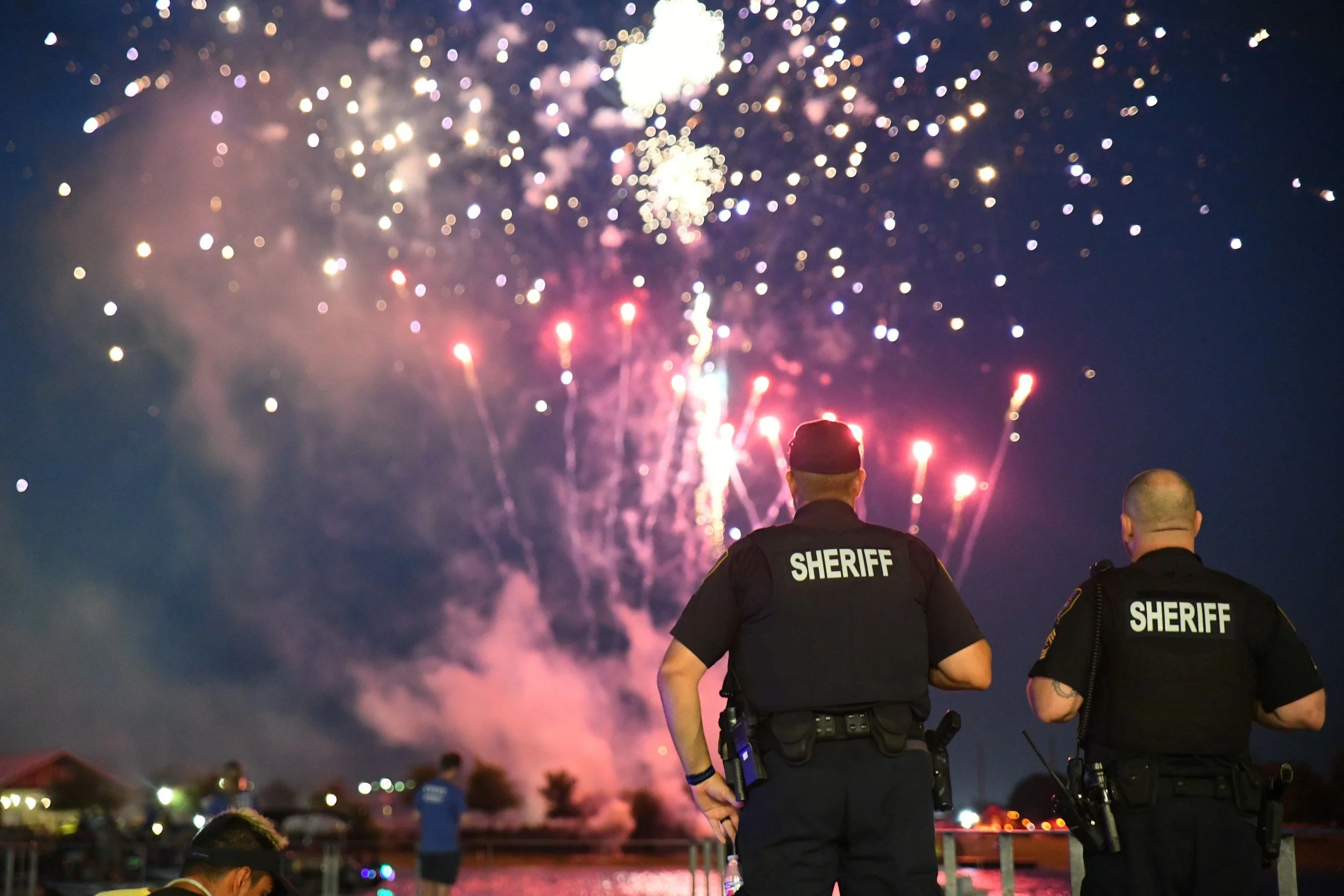
How First Responder Peers Inadvertently Support Destructive Drinking
This self-assessment is designed to help first responders in early substance use disorder recovery understand and recognize peer enabling patterns—how the brotherhood and sisterhood that defines first responder culture can inadvertently support destructive drinking and prevent necessary intervention. The bonds of loyalty, mutual support, and shared sacrifice that help you survive the unique challenges of your demanding work can become destructive when they prevent necessary intervention in colleagues' drinking problems.
The complexity of peer enabling in first responder communities stems from cultural values that prioritize loyalty above individual welfare, professional courtesy that protects colleagues from consequences, and well-intentioned support that actually prevents the reality testing necessary for recognizing and addressing drinking problems. These behaviors often begin with genuine concern and brotherhood but manifest through actions that seem supportive while actually protecting colleagues from experiencing natural consequences of their drinking.
